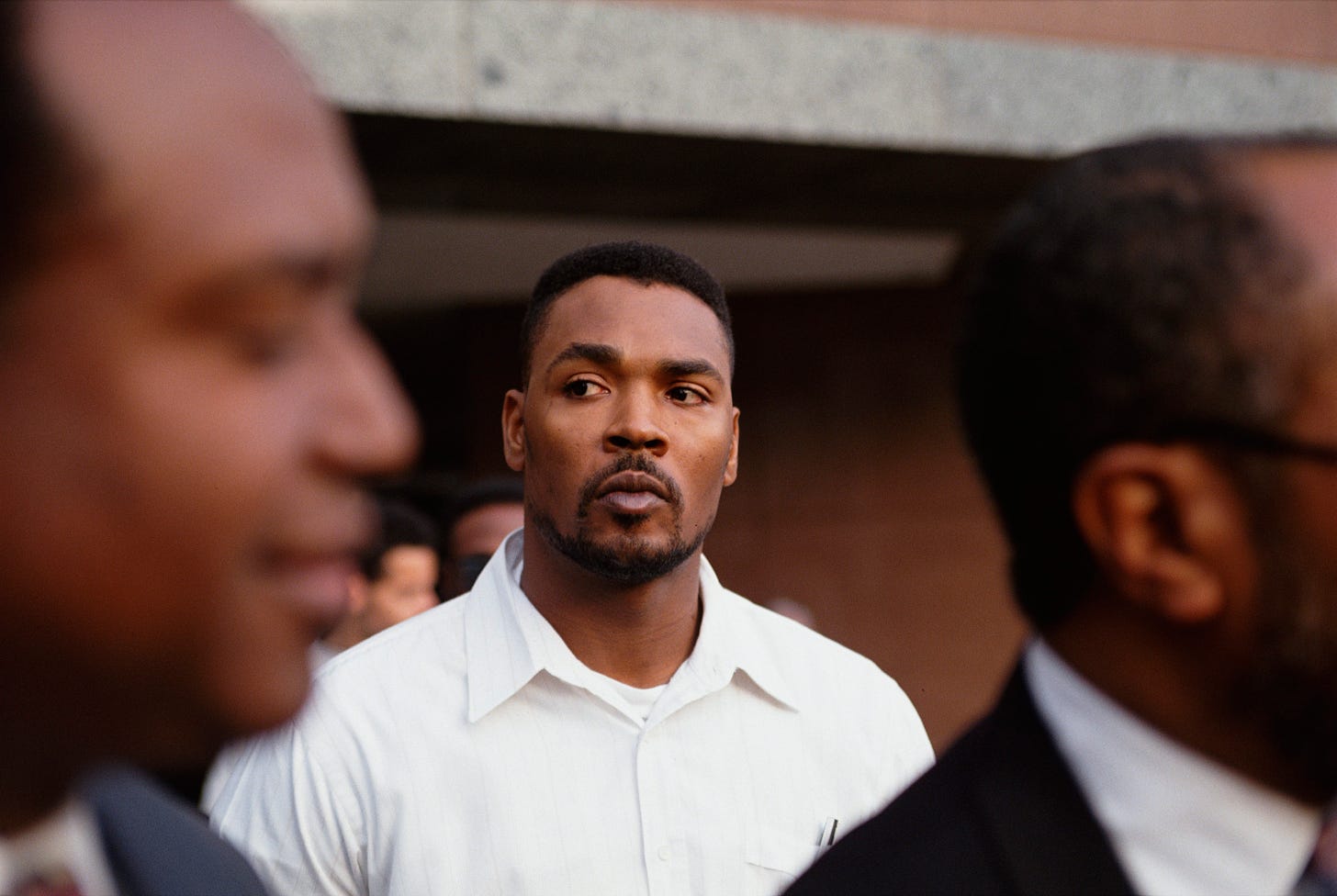Rodney King Was Right
Yes, things are complicated. But also simple.

I happen to have spent some time over the last couple of days in a socially distanced, zoom-hosted reading group with a few friends. Our text was Gotthold Ephraim Lessing’s 1779 play Nathan the Wise, about which I knew little and of which I understood less.
I hasten to say that I still don’t know or understand much about this impressive work. Fortunately, though, the group consisted of others better educated than I, individuals well-versed in political philosophy with a gift for close reading and deep interpretation. And I was happy to listen as they plumbed some of the play’s depths, and considered some of its complexities.
It quickly became clear that Lessing’s understanding of politics and religion, and of reason and faith, was far more complex than the usual superficial summary of his teaching, which is that he was an enlightened advocate of liberal tolerance and mutual understanding. We cheerfully discussed many of those complexities.
But at one point one of the participants usefully called the rest of us up short: We shouldn’t forget, he said, the surface teaching of the play—which was a teaching of liberal tolerance and mutual understanding. After all, the surface matters. Lessing knew what he was doing. He seems to have thought it important to convey that lesson to many readers, as a practical matter, and to convey it powerfully.
In making his point, my friend recalled Rodney King’s famous statement from May 1, 1992, made as riots convulsed Los Angeles:
People, I just want to say, you know, can we all just get along? Can we get along? Can we stop making it, making it horrible for the older people and the kids? . . . It’s just not right. It’s not right. It’s not, it’s not going to change anything. We’ll, we’ll get our justice. . . . Please, we can get along here. We all can get along. I mean, we’re all stuck here for a while. Let’s try to work it out.
Things didn’t work out too well back in 1992. The LA riots, sparked by the acquittal of the four policemen who had brutalized Rodney King, saw some 55 people killed, with more than 2,000 injured, and property damage estimated at $1 billion.
On the other hand, riots of that scale have not been commonplace in the decades since. So maybe Rodney King’s words had an effect. And so, as my friend said, with a nod to what’s happening now, maybe we shouldn’t undervalue Rodney King’s message. At this terrible moment, it would be good to be able to say—and even better to be able to show—that we all can get along.
Of course Rodney King’s message has a tougher side as well.
It calls for us to get along, yes. But it also means saying No. As in: No excuse for police brutality, let alone murder. None. No excuse for mob brutality, let alone murder. None. No excuse for racism. None. No excuse for violence against innocent citizens of any race. None.
Obviously that No has to be accompanied by a positive discussion and debate of policy reforms and civic and political actions that improve our current situation. Some of these will come from the left, some from the right. About some there will be consensus, some will be the subject of contentious debate.
But that consensus, and that debate, require civic peace. To achieve consensus, to engage in debate, we’ll have to agree—to some degree at least—to all get along.
It’s fashionable on both left and right, and among sophisticates of all sorts, to look down on the simple plea of the late Rodney King. And of course there’s a need for more sophisticated analyses of the complexities of liberal democracy and of the deep challenges of maintaining—or creating—the norms of civilization.
But for now we need to get back to basics. To the basics of Rodney King. And of Gotthold Ephraim Lessing. To the basics of a decent and liberal society.


